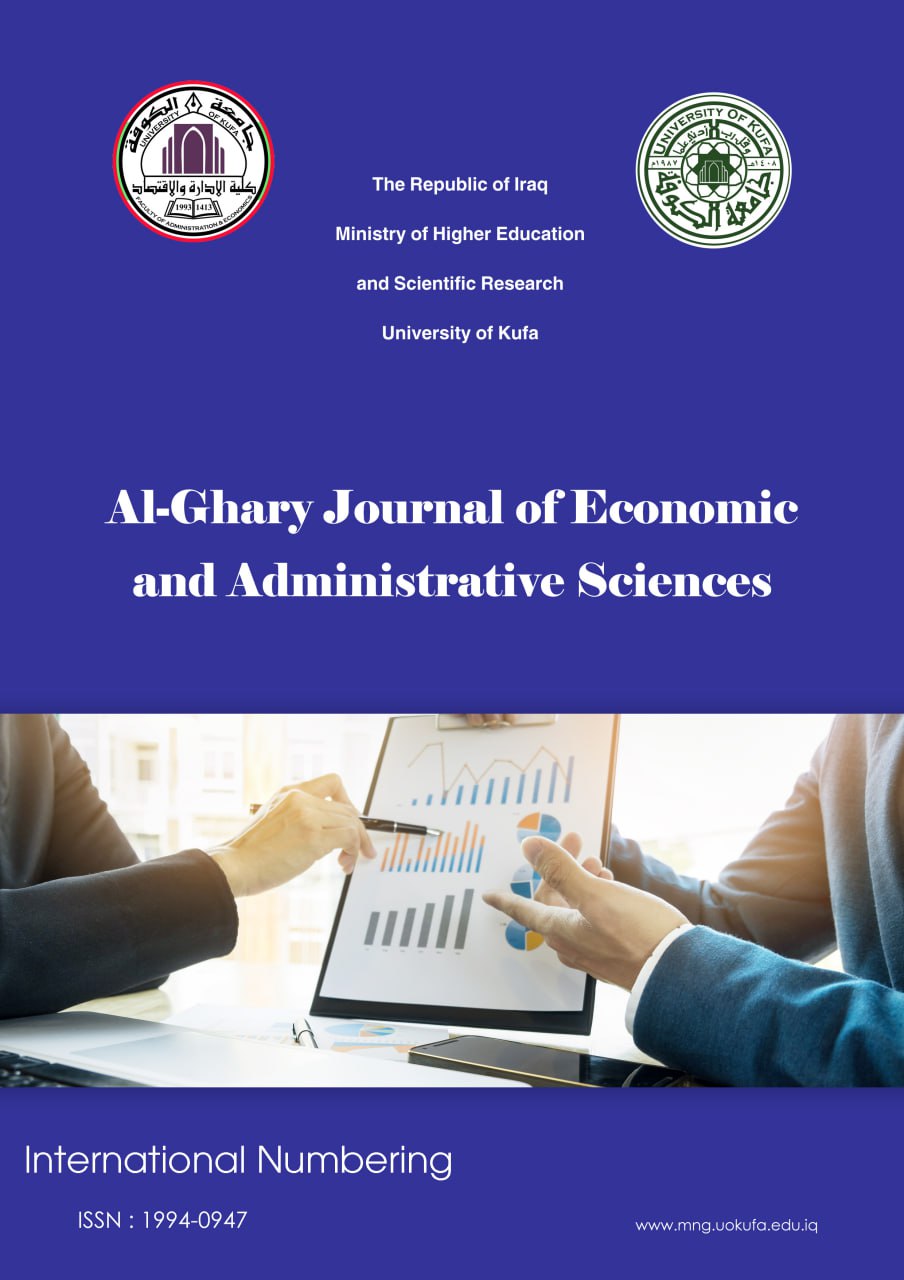Monetary policy shifts in Iraq after the 2003 change
DOI:
https://doi.org/10.36325/ghjec.v19i2.14303Keywords:
monetary policy, money supply, currency sale windowAbstract
Policy and monetary form the focus of the attention of many economists and economic currents, as monetary policy occupied an important place among economic policies and this is due to their effective contribution to achieving national economic goals. The Iraqi economy faced many problems and economic imbalances at the internal level, which led to the stumbling of development efforts and the decline Economic performance indicators The goal of transition to a market economy and activating the forces of supply and demand in managing the Iraqi economy is one of the most important procedural steps taken to advance and modernize the Iraqi economy in accordance with the vision The Central Bank of Iraq, through its monetary tools, has contributed through a series of technical and legal measures, especially the new Central Bank Law, which embodies this transformation and allows change to keep pace with this transformation.
Downloads
Downloads
Published
How to Cite
Issue
Section
License
Copyright (c) 2023 Ali Jaber Abdul Hussein, Hawraa Hakim Hassan

This work is licensed under a Creative Commons Attribution 4.0 International License.
which allows users to copy and create excerpts and summaries, and thus create new scientific works from the article or modify it and benefit from the scientific material, provided that the user refers to the link to the original article









